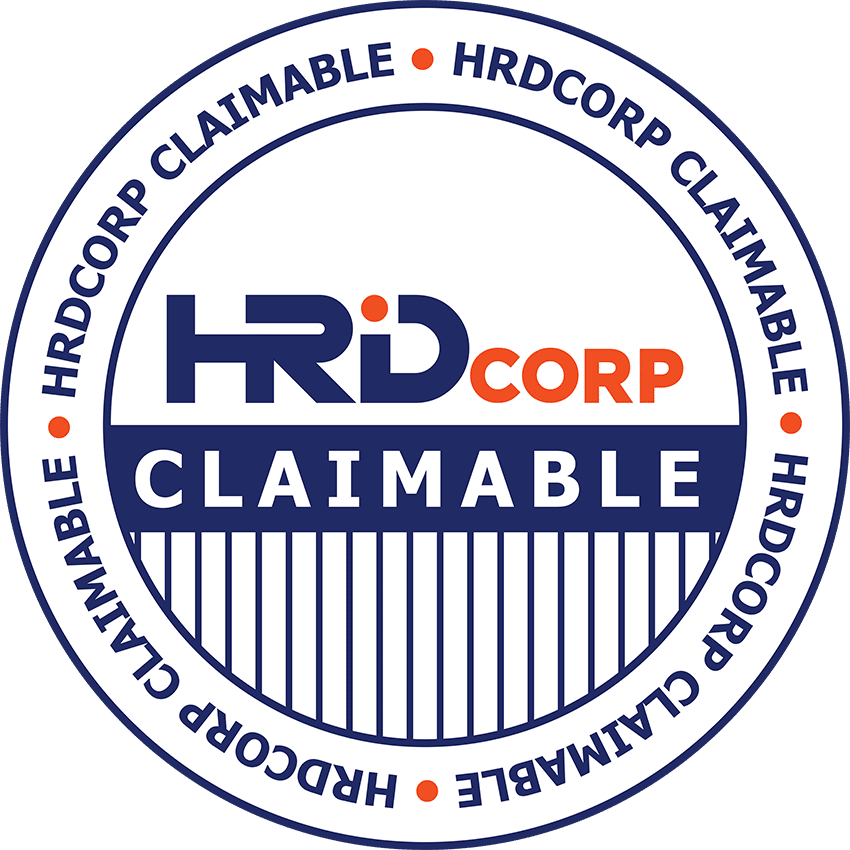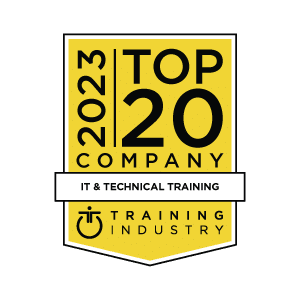Overview
Develop, scale, and troubleshoot event-driven microservice applications.
Learn to use Kafka and AMQ Streams to design, develop, and test event-driven applications. Event-driven microservices scale globally, store and stream process data, and provide low-latency feedback to customers. This course is for application developers and is based on Red Hat AMQ Streams 1.8 and Red Hat OpenShift Container Platform 4.6.
Skills Covered
- Describe the basics of Kafka and its architecture.
- Develop applications with the Kafka Streams API.
- Integrate applications with Kafka Connect.
- Capture data change with Debezium.
- Troubleshoot common application streaming issues.
Who Should Attend
- Application developers with microservice development experience.
Course Curriculum
Prerequisites
- Experience with microservice application development and design, such as DO378 or equivalent experience.
- OpenShift experience is recommended, but not required.
Course Modules
Exam & Certification
Red Hat Certified Specialist in Event-Driven Development with Kafka.
A Red Hat Certified Specialist in Event-Driven Development with Kafka has demonstrated the ability to develop applications using Apache Kafka and Apache Kafka Streams.
A Red Hat Certified Specialist in Event-Driven Development with Kafka is able to:
- Understand and work with event-driven applications with the AMQ Streams API
- Understand the Kafka ecosystem and architecture
- Understand and work with a Quarkus application connected to Kafka
- Provide and configure access to a Kafka cluster
- Provide and use the schema Red Hat Service Registry to decouple the data from the client applications, share, and manage the data types at runtime
- Understand, produce, test, and secure data-stream processing using the Kafka Streams API to perform an efficient management and real-time querying of application state
- Data integration with Kafka Connect
- Understand and use advanced event-driven patterns in applications based on Apache Kafka
- Troubleshoot most common problems in event-driven applications like maintaining message ordering, retries and idempotency, handling duplicate events, implement Streams test cases


